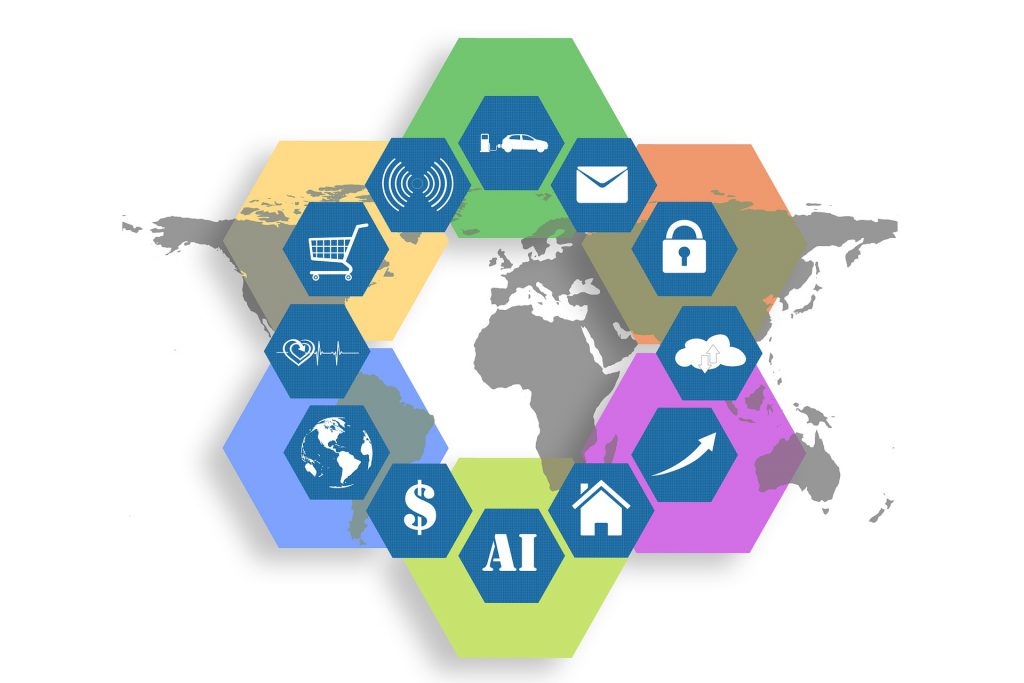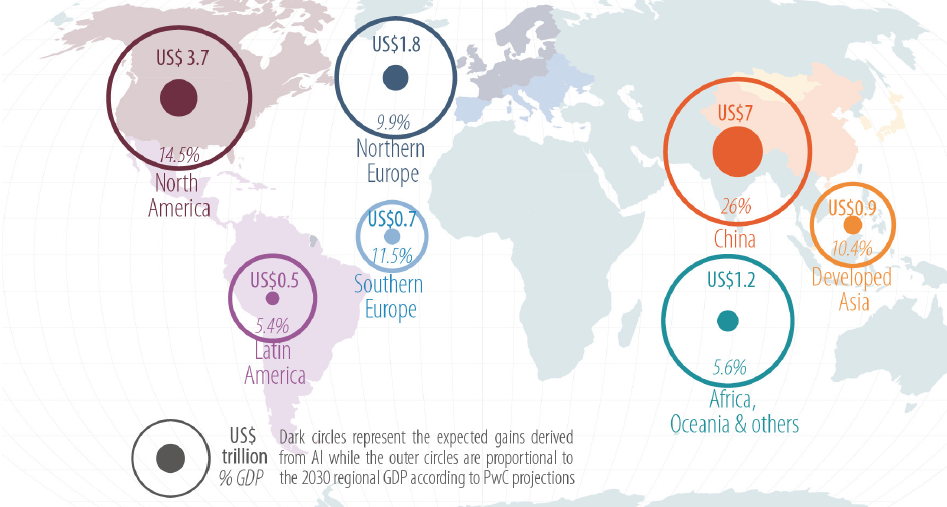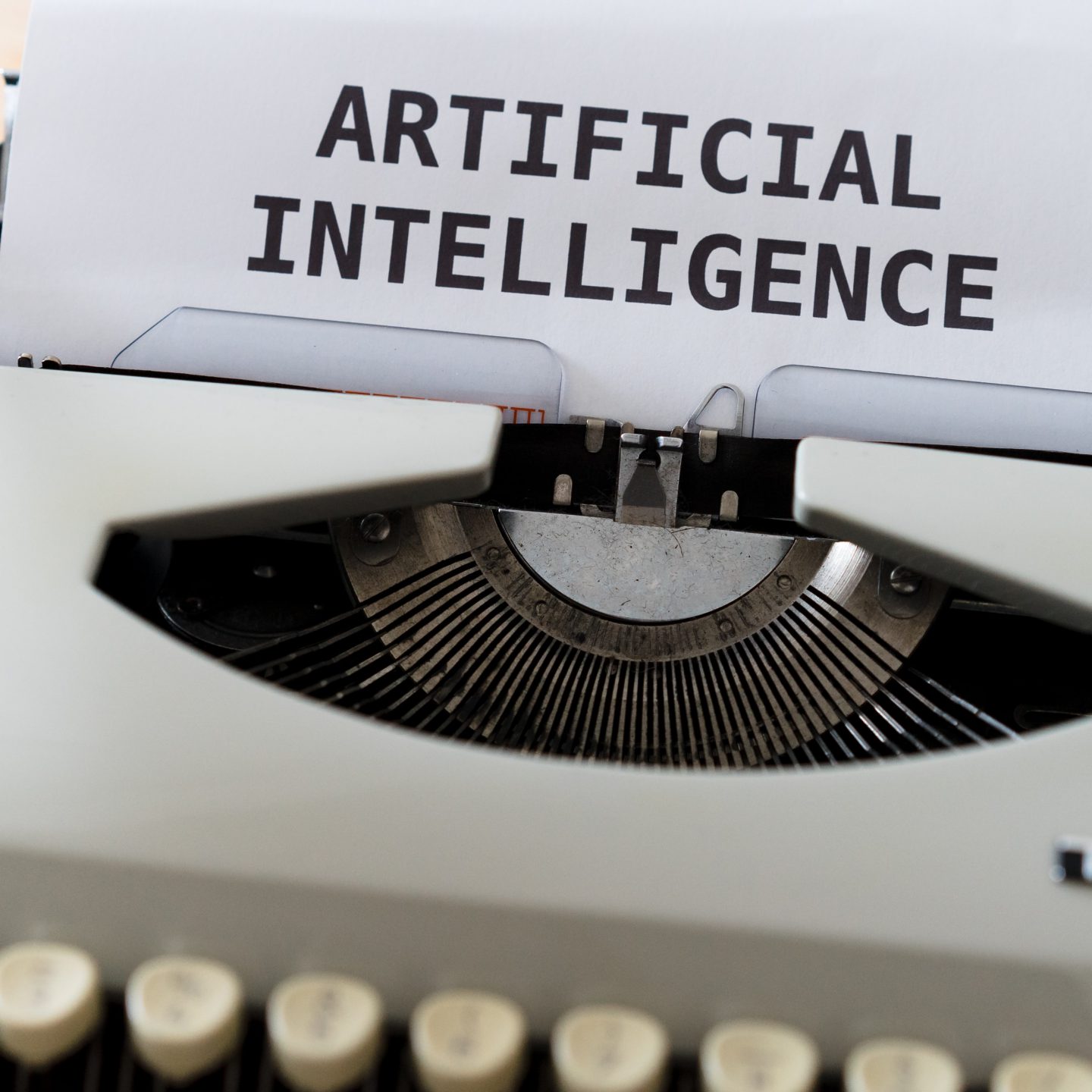Artificial intelligence is expeditiously spreading throughout the globe, dexterously supporting many sectors of the economy. Its accelerating growth is already impacting our day to day life in various areas. Many see it as an engine of productivity and economic expansion, a tool that can boost consumer demand and generate new revenue streams.

The forecasts of McKinsey Global Institute indicate that further evolution of AI will impact the overall worldwide economy to such a scale that in 2030 the technology will be responsible for generating of roughly 13 trillion USD of global GDP (McKinsey, 2018).
No doubts, AI can do wonders in matching advertisements to the preferences and behaviors of Internet users. It is also succeeding in providing convenient services at homes, where smart appliances are making their way into people’s houses all around the globe. Although we still do not have fully self-driving cars available for purchase, AI had a great impact on automating transport as well, and now many new cars feature technology that partially assists with driving. Who else is standing behind the voice-activated devices such as Siri or Alexa and impacting the way you interact with your TV and streaming services, allowing you to voice control just about everything, slowly making remote devices obsolete. What’s more with certain amount of data, AI could equally identify trends and one day use that information to come up with solutions to the world’s biggest problems such as Climate Change.
The explosion of technological innovation brings of course lots of opportunities, but also lots of concerns, especially when we look at it from the perspective of development. Does the opportunities for emerging economies outweigh the threats? Who gains the most and who will be left behind… The transformative potential of AI is certainly enormous, but there are challenges we must confront if it were to fulfil its potential to help developing countries.
Let’s look into geographical impacts of AI
Economic gains of AI in different regions of the globe by 2030:

Source: The macroeconomic impact of artificial intelligence, PwC, 2018.
According to PwC studies all regions of the global economy will experience benefits from artificial intelligence, however North America and China are at the top of the list since it is expected that AI will enhance their GDP by 26.1% and 14.5% in 2030 respectively. Is it surprising? How could it be otherwise, since systematic problems and structural challenges still challenge the deployment of AI in development. While it is forecasted that less developed markets will see GDP gains of approximately 5% of GDP in 2030, we shall remember that they are still anticipated to lag behind.
So what are the challenges in deploying AI in development? First of all AI is not something that can be simply deployed by anyone and anywhere. These technologies are developed in wealthy mature regions rather than emerging economies, and there are plenty of reasons for it. Not only they require significant investment, but also specific and skillful labour, which can be easier found in developed countries.
As per The International Development Innovation Alliance (IDIA) Working Group on Artificial Intelligence & Development the key challenges in deploying AI in international development are the following:
- Availability, accessibility and quality of data
- Capacity to engage with or use AI
- Data ownership, privacy and security
- Governance, accountability and transparency
- Bias, discrimination and inequity
Of course, all of these challenges need attention and must be tackled sooner rather than later. However, it seems to me that it is still the technological infrastructure, which remains as a major barrier in deployment of proper solutions in Global South, not to mention design or taking control of AI technologies. There are still around 4 billion of people without access to the internet around the world, which impedes the possibility of these societies to even engage with anything related to AI.
Recognizing the potential contribution AI can bring to economic development, I trust that making more use out of it should be imperative for emerging economies. Having said that, the governments as well as international development agencies will have to make difficult choices, especially due to the fact that implementation of such technologies involves various obstacles. Nevertheless, the only way to overcome these challenges is to face them, even if in some cases embracing AI would be a cultural shift.
What’s your take on this subject? Please share your thoughts in the comments!
References:
PwC; (2018). The macroeconomic impact of artificial intelligence.

